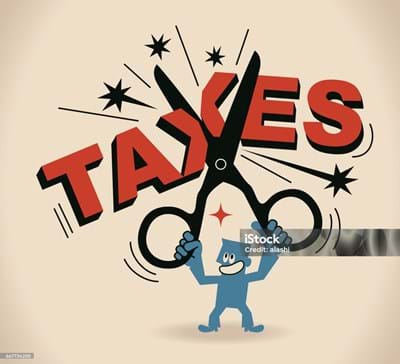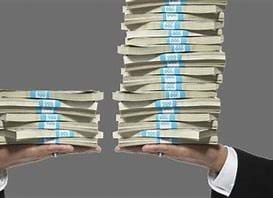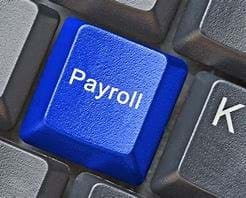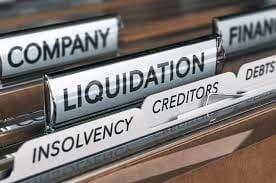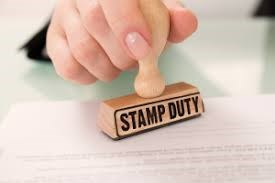Latest News
Federal Treasurer announces changes to people with superannuation balance over $3 million
ATO Interest no longer a deduction
Revised Stage 3 Tax Cuts become Law as at 1 July 2024
Superannuation Contribution Cap Changes from 1 July 2024
The superannuation guarantee rate is rising from 11% to 11.5 % on 1 July 2024 and then 12% on 1 July 2025.
We want to bring to your attention some crucial changes in the Australian Taxation Office's (ATO) approach to debt collection, which may impact you and/or your business.
ATO finalises revised fixed rate for work from home expenses
From 1 July 2022, you will need to pay super to your employees who earn less than $450 per month, provided they meet other eligibility requirements.
Your company is a separate legal entity from you as a director or shareholder. The money your business earns and its assets belong to the company.
From 1 January 2022, when you report your payroll information via Single Touch Payroll (STP), you'll provide some extra information.
From 1 January 2021 the law relating to employees and their choice of superannuation fund has changed.
If your business is eligible to claim the instant asset write-off, you need to consider the car limit. The car limit is the maximum depreciation expense you can claim for a car.
If you are working from home and you may incur expenses, you may be able claim these expenses (deductions) on your tax return.
Treasury Law Amendments (Combating Illegal Phoenixing) Act 2020 extends the director penalty regime to make the directors of a company personally liable for the company’s unpaid GST, in some circumstances.
Treasury Law Amendments (combating Illegal Phoenixing) Act 2020, was passed and received Royal Assent on the 17th of February 2020.
From 1 March 2020, the State Revenue Office (SRO) in Victoria has introduced an additional 8% stamp duty on the purchase of residential property by a discretionary trust. This duty will also apply to a residential property purchase by a unit trust or company that is owned or controlled by a discretionary trust.
Land that a person owns and occupies as their home, or ‘principal place of residence’ (PPR), is generally exempt from land tax.
If you make a car you own or lease available for the private use of your employee, you may provide a car fringe benefit.
On the 7th of February 2018, a Bill was introduced into Federal Parliament requiring purchasers of new residential premises and new subdivisions of potential residential land to remit the GST on the purchase price directly to the ATO as part of the settlement process.









